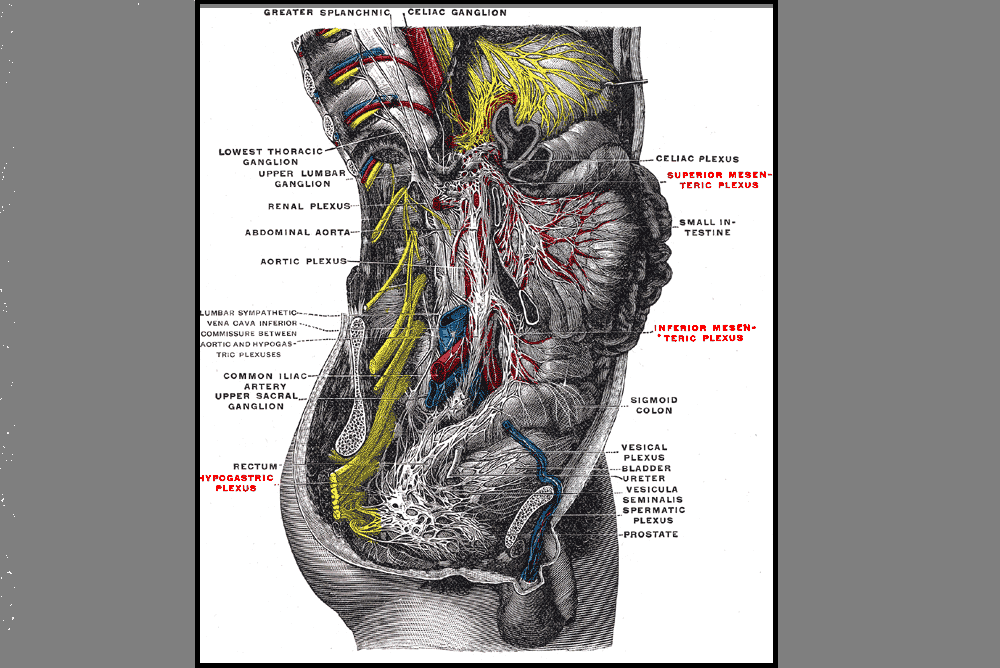Consequences of Surgery for Female Colorectal Cancer
Patients diagnosed with colorectal cancer may undergo a procedure called mesorectal excision as part of their oncology management. In this procedure, a significant portion of the bowel is removed along with the tumor. Total mesorectal excision refers to the entire rectum and mesorectum (peritoneum that connects the upper rectum.) The rectum is removed up to the level of the levator muscles, and this procedure is indicated for tumors of the middle and lower rectum. In a study published in the World Journal of Oncology, the authors report on female urogenital dysfunction following total mesorectal excision (TME).
Questionnaires were returned by 18 women (age range 34-86) who had undergone TME for rectal cancer. Results of the study are summarized in the chart below. (All patients had reported vaginal childbirth, and five had undergone total abdominal hysterectomy and oophrectomy.)
| Presurgical
|
Postsurgical
|
Sexual function
| 5/18 (28%) were sexually active (with no complaints of dyspareunia) | Sexually active patients remained active but all reported discomfort with penetration 2 patients reported decreased libido due to stoma |
Urinary function
| 3/18 (17%) reported urinary urgency and frequency | Of patients with urinary symptoms, 80% persisted longer than 3 months post-surgery |
| 7/18 (39%) reported stress urinary incontinence | |
| New onset symptoms: 61% developed nocturia, 20% developed stress urinary incontinence, 1 patient required permanent catheter |
The authors conclude that rectal cancer treatment can worsen urinary symptoms of nocturia and stress incontinence. Patients who had also been treated with a hysterectomy were found to have more significant symptoms. A proposed mechanism of this increase in symptoms in women who had undergone a hysterectomy is the prior nerve dissection which, when added to the nerve dissection of the inferior hypogastric plexus and the hyogastric nerves for the total mesorectal excision, may have an additive effect. This study which is available full-text, free access, describes further the relationship between the autonomic nervous system in the female pelvis, pelvic function, and the surgery for rectal cancer. Data such as the information provided in this study allow medical providers and their patients to make well-informed decisions about surgeries and quality of life risk factors that may guide medical management of colorectal cancer.
If you would like to feel better prepared to manage post-surgical issues that arise following treatments for colorectal cancer in women, check out the Institute’s Oncology and the Female Pelvic Floor course taught by faculty member Michelle Lyons. This continuing education course happens next in May in Torrance, California.
By accepting you will be accessing a service provided by a third-party external to https://hermanwallace.com./








































